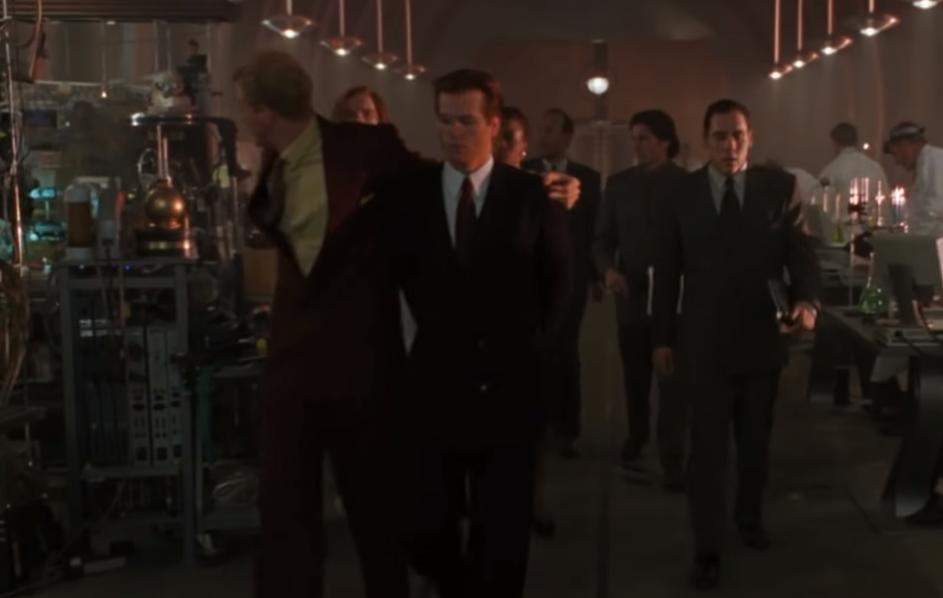That's an odd misconception since Batman even says out loud what he's doing, so that should be quite clear. The criticism I've heard about it is that Batman is nit-picking his own moral philosophy as it's not something anyone has forced him to follow, it's his own deep belief that he must stop the villains without killing. I get why some can see it as his action results in unnecessary death.
I've had issues with that, but not with that he's getting revenge. The problem is how he chose to do it as it would have been so much easier to just do something like knocking the guy out, or something else a human would do. That he destroys the guy's truck in a very supernatural way is a great way to risk exposure (both because it was out in the open so someone could see him, and there should be quite some investigation around an event like that) and since his father gave his own life for his secret it feels very disrespectful to his father's memory and sacrifice to handle the secret so haphazardly.




